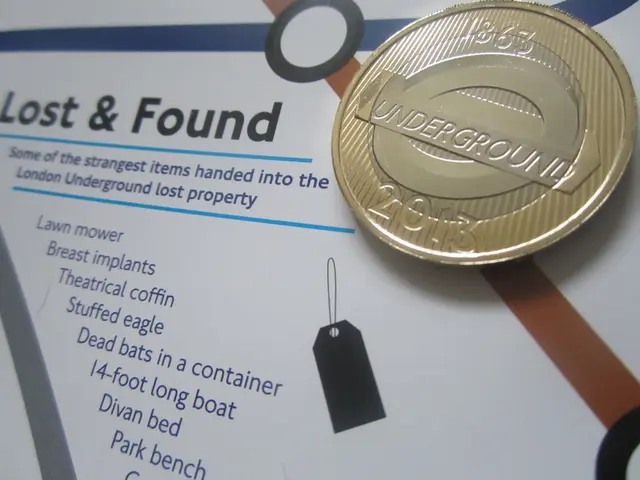Switzerland's January Deadline for Essential Bills Payment
Struggling to Keep up with Swiss Bills in December? Here's the Lowdown
Christmas and New Year might've drained your wallet, and to make matters worse, all those 'yearly' expenses accumulate and need to be paid by the end of December. Many folks find it hard to stretch their budgets so far during this expense-heavy month. But don't sweat it, Switzerland provides a 30-day 'grace period' for settling these outstanding bills.
Here's the lowdown on the bills you gotta pay before January 31:
Health insurance
While most folks pay their premiums monthly, some opt for a lump sum payment on December 31st or two annual installments, due on December 31st and June 31st. You've got until January 31st to pay up.
Vehicle insurance
For most Swiss residents, car insurance is due on December 31st, with a grace period of 30 days.
Household contents and liability insurance
Although not mandatory, the majority of Swiss people have this coverage. It's due on December 31st and should be paid before the end of January.
Keep in mind, these are 'yearly' bills, but you may have others to pay before January 31 as well.
What if you can't pay up by the due-date?
If you're in a financial pickle, communicate with the companies, and they might set you up on a payment plan, though interest may apply. In the case of health insurance premiums, you might be eligible for a reduction if your income is below a certain threshold or you have multiple kiddos. In that scenario, you should reach out to your canton to request assistance.
However, it's crucial to meet your financial obligations promptly. Failure to do so can lead to heavy consequences, such as:
- Suspension of insurance coverage.
- Collection procedures (which may involve additional administrative fees).
- Potential legal action to recover unpaid premiums.
Now, these consequences are common for all three types of insurance: health, vehicle, and household contents/liability insurance. So, don't ignore those 'gentle reminders' and 'QR-coded pay slips' - they're warnings that the late fees are coming. And if you miss your deadline, the company will send a more serious reminder, including a summons for payment from the debt enforcement office in your canton, which will give you 20 days to settle. If you fail to do so, they may initiate debt proceedings against you. These actions will affect your credit score and your ability to secure loans in the future. So, it's vital to avoid this unpleasant situation.
For a more detailed understanding of health insurance benefits and how to apply for them in Switzerland, check out this article:
READ ALSO: How do I apply for health insurance benefits in Switzerland?****
On the other hand, if you're wondering what happens when you don't pay your Swiss bills on time, here's an insightful read:
READ ALSO: What happens if I don't pay my Swiss bills on time?****
Personal finance can be challenging during December due to numerous expenses and 'yearly' bills. You might need to budget carefully to cover health insurance, vehicle insurance, and household contents and liability insurance premiums, which are all typically due on December 31st. If you're having trouble meeting your financial obligations, reach out to your canton for potential assistance, especially if you're eligible for a reduction in health insurance premiums based on income or family size.




